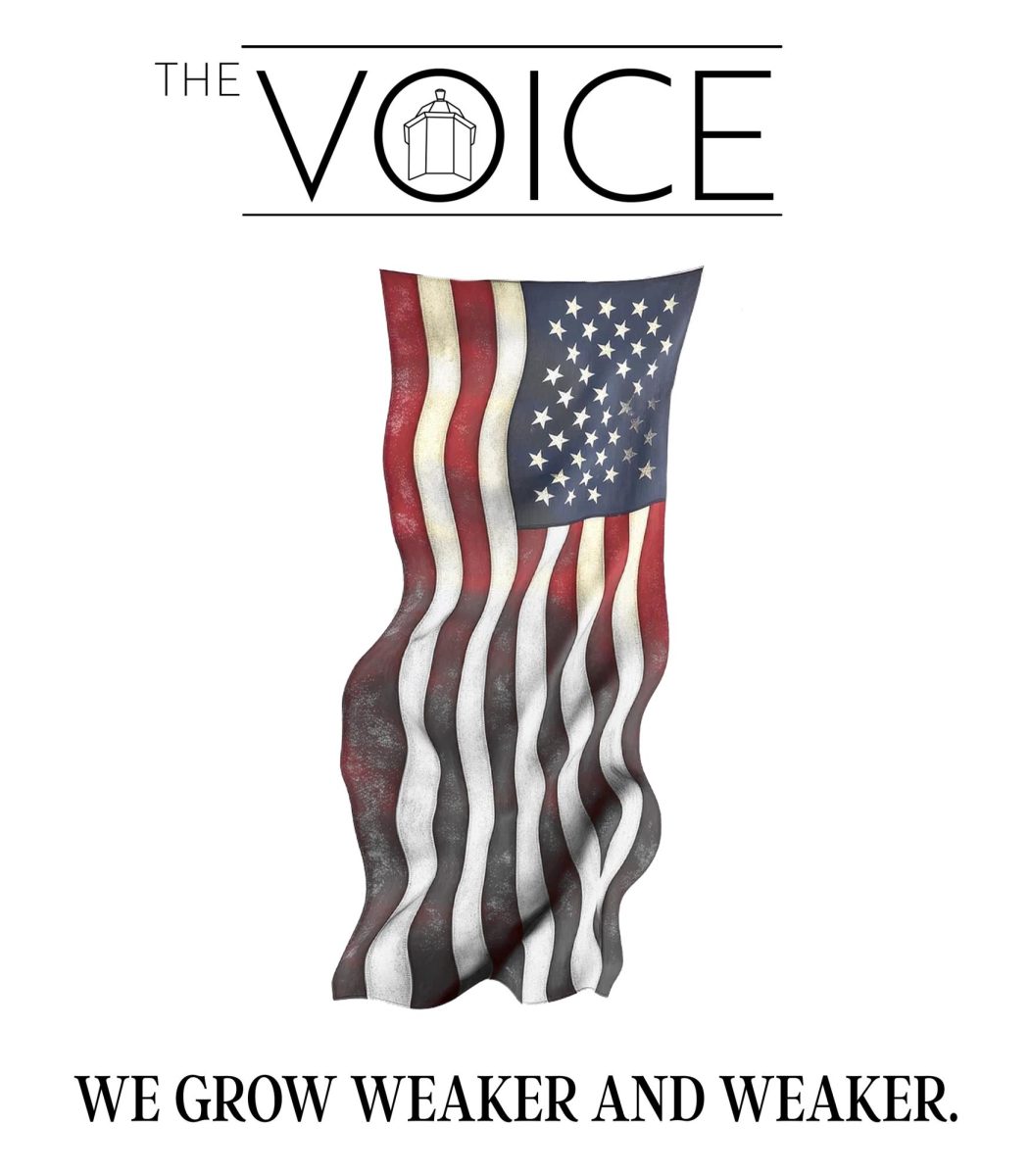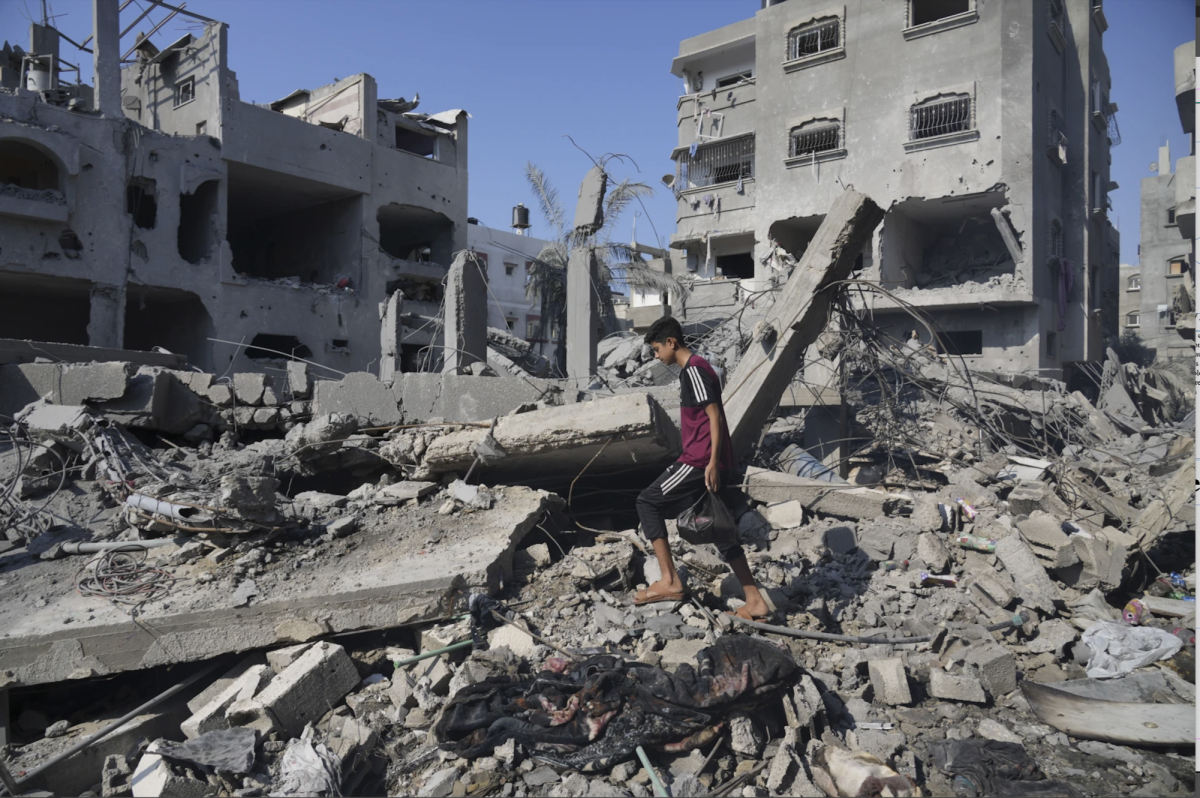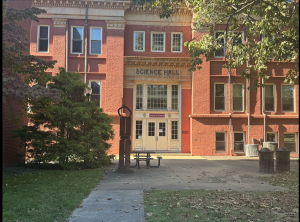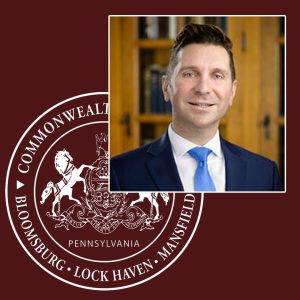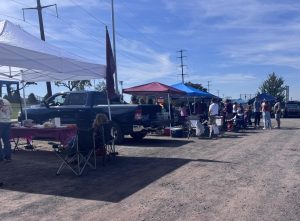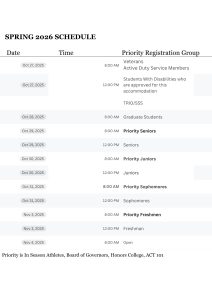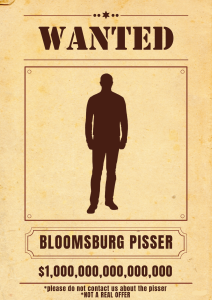This Week in History
Armistice Day or Veterans Day?
November 14, 2019
This past Monday, Nov. 11th 2019, was the 101st celebration of Veterans Day. However, most people studying history would know that the 11th day of the 11th month was also considered Armistice Day by most of the international community. This was the day that World War I, sometimes called the Great War, ended in 1918. The aforementioned transition begs the question: how did Armistice Day turn into Veterans Day?
Well, first off, it is important to note just how much impact World War I had on the world and global politics when it occurred as well as afterwards. The popular story of how the war started is the tale of bedlam in the Balkans, which was often referred to as the “Powderkeg of Europe” during the lead-up to World War I.
With the decline of the Ottoman Empire, a power vacuum was formed in the Balkans and subsequently led to the rise of many terror groups in the region including the Black Hand whose operative killed Archduke Franz Ferdinand and arguably led to the outbreak of World War I. With the massive amount of blood shed during this conflict it was no wonder the parties participating would want to remember it.
Thusly, at the end of the Great War, an armistice was signed by the Allies and Germany officially calling for peace and the cessation of hostilities between the Allied and Central Powers. To commemorate this event, a ceremony was held in Buckingham palace King George V in the evening of Nov. 10th, 1919.
Since than the holiday has been celebrated by many European countries including Belgium, France, Germany, and the U.K. Additionally, the holiday was celebrated in the U.S. up until 1954 when congress signed a bill into law that changed the holiday from the Armistice Day, which recognized only the soldiers of World War I, to Veterans Day which commemorates all veterans regardless of which conflict they took part in.
This transition from Armistice to Veterans day was due to campaigning on the part of a World War II veteran named Raymond Weeks who argued the day should celebrate all veterans.
Furthermore, Weeks led the first celebration of Veterans Day in 1947 even before it was a recognized national holiday and was honored by President Reagan with the Presidential Citizenship Medal in 1982 for being the “Father of Veterans Day”.
When you think of Veterans Day you probably don’t think about soldiers from World War I and the sacrifices they made to cast out the Central Powers from Europe. You most likely think about the brave men and women who serve and protect our country or as the case with myself, your loved ones who are/were in the military and continue to showcase their love of country and willingness to serve and sacrifice for the common good.
Isaac is a Chinese and Russian double major and is a member of the BU History Club.














